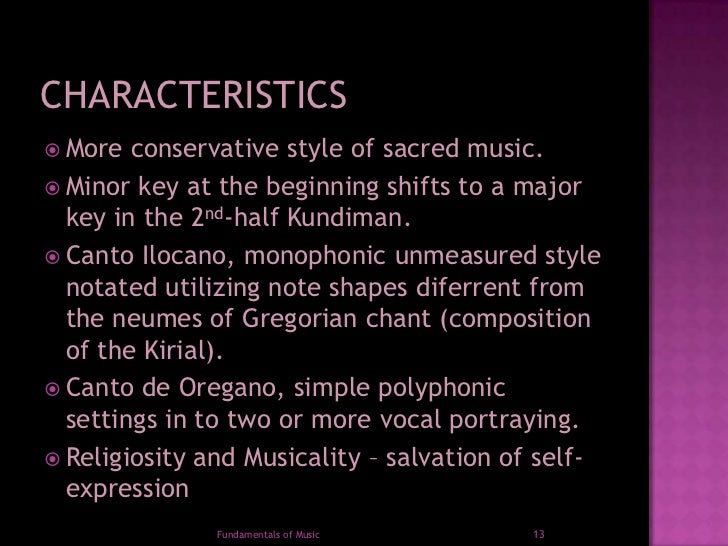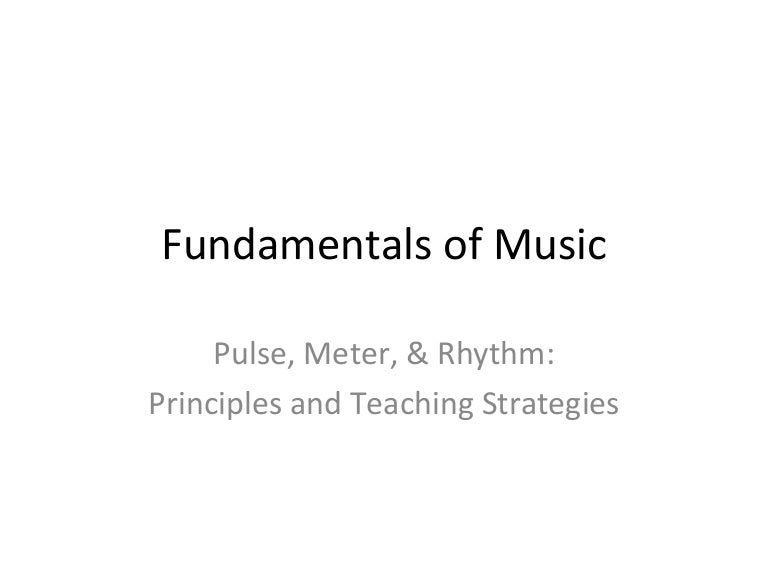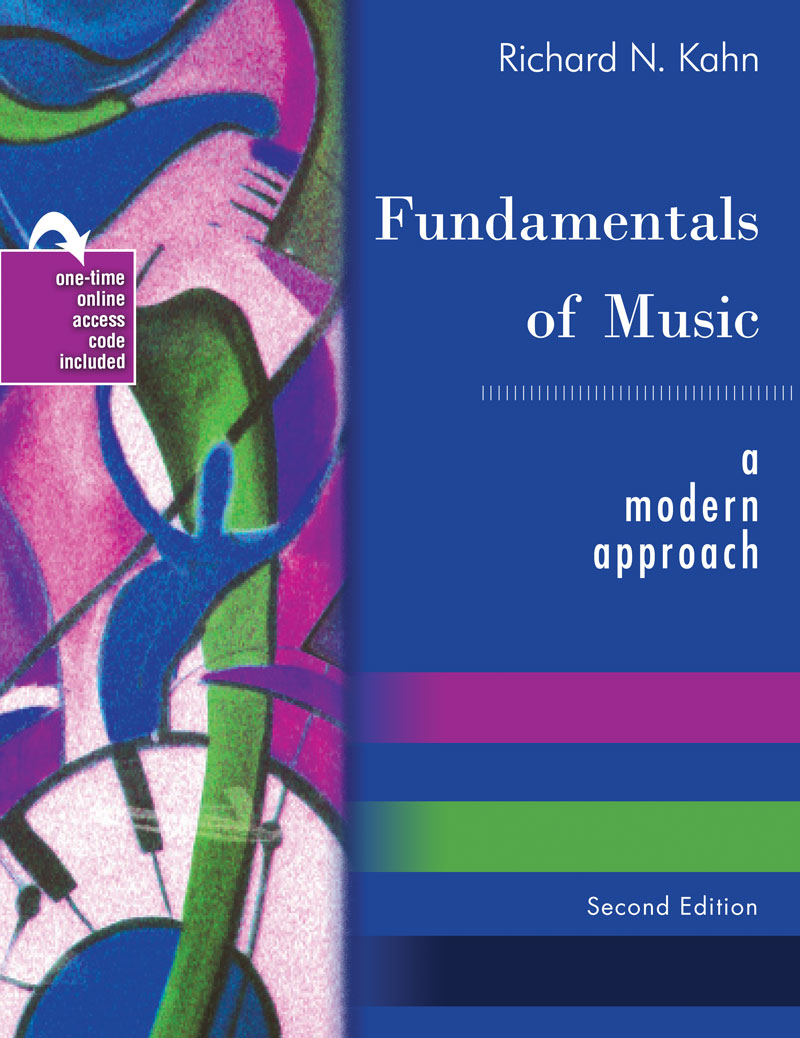

The information is consistently concise which helps keep the reader engaged.

The content is relevant and I do not foresee this changing anytime soon. The material covered is accurate, although, in a few instances due to brevity it could be difficult to understand. It would serve as a supplement to a wholistic music theory text or for a student who plays music but does not read it well or a student in need of a 'reset' of rhythmic understanding from the ground up. It seems the book would be excellent for someone needing extra clarification in these areas. This text is concise and comprehensive in the areas of rhythm and meter. Reviewed by Deanna Little, Professor of Music, Middle Tennessee State University on 5/7/21
Fundamentals of musicality free#
After the free first lesson, if you decide you like the teacher, we will send you your billing information by email. We will have the teacher contact you (usually the same day) and set up a free first lesson. We will answer any further questions you have, and based on your address will recommend a teacher in your area. To sign up for Music lessons, either email us ( ), call us (97), or use the contact form on our website. Music is fun, and music lessons should be as well – all teachers in the Musicality Network are dedicated to providing fun, engaging, interactive, and educational music lessons for your child. Musicality is defined as “the ability to make music sound good” Learning the fundamentals is important, but ultimately the goal of music is to achieve “Musicality”, where music becomes a joy not a chore, and the enjoyment of it is what compels your child to continue music lessons. Musicality is a local network based in Portland, OR, and is comprised of private music teachers teaching music lessons in a wide variety of instruments.

At the Musicality Network, we believe this to be true, and our teachers take seriously the impact for good that music lessons have.Īt the Musicality Network, we have teachers who can drive to your house for music lessons in the comfort of your own home. In 1978, the Ann Arbor Symposium argued that music lessons helped to contribute to an increase in “auditory perception, motor learning, child development, cognitive skills, memory processing, affect, and motivation” in a child’s educational development. In 1965, the National Endowment for the Arts was founded, marking the first time federal money had been given in recognition of the importance of music lessons in the education of children. In 1953, the first “band” style music lessons were introduced widely into the public school system, growing in popularity until 1957, when Sputnik was launched and an increased focus on math and science led to a decrease in the perceived importance of music lessons.

Music Lessons were first introduced into the public school system in the 1800’s, following their introduction into collegiate level Bachelor of Arts programs. The earliest American school for music lessons was founded in 1717 to help children learn to sing hymns in church well. Music Lessons are an important part of a developing child’s complete education.


 0 kommentar(er)
0 kommentar(er)
